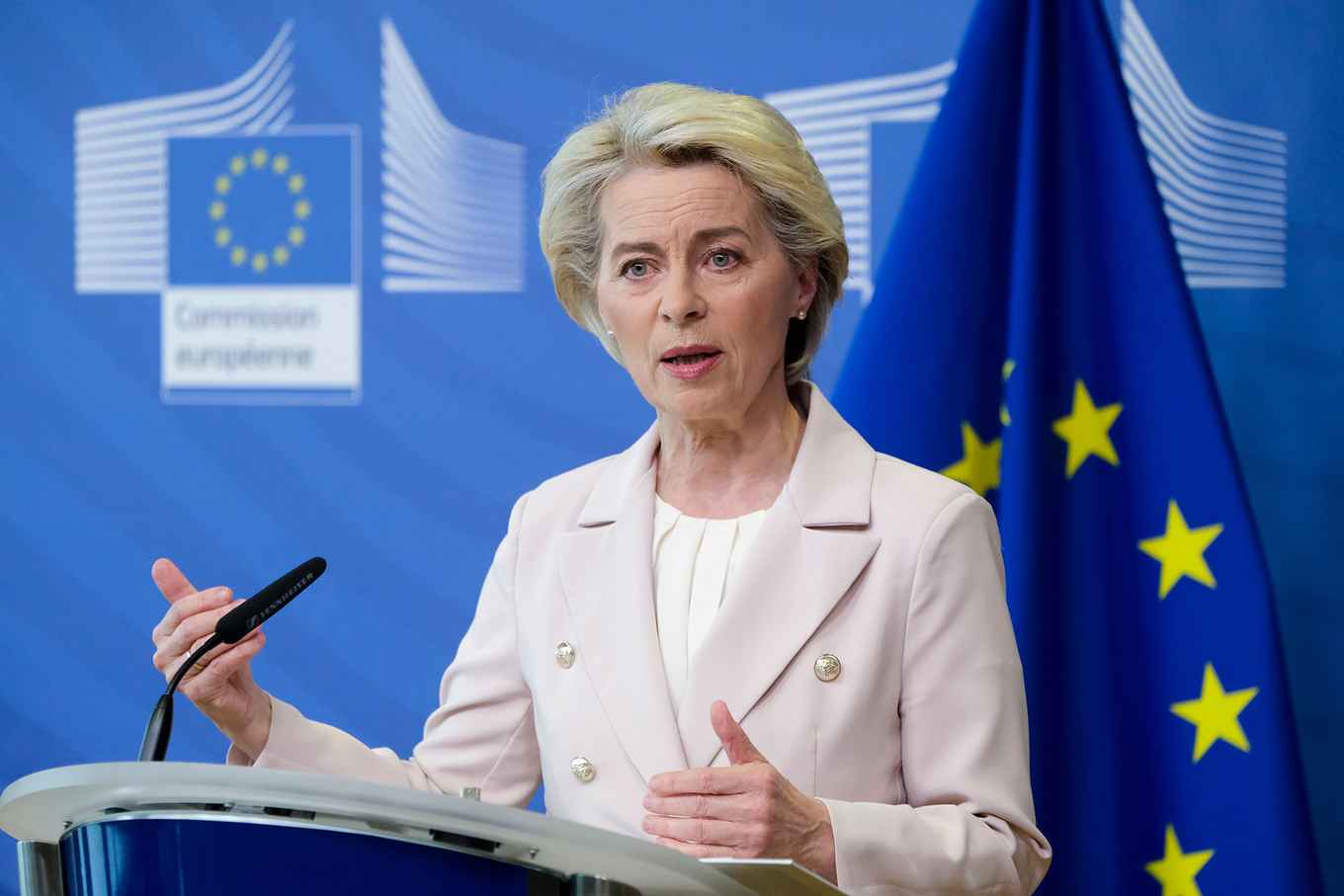Can a focus on politicians make the EU more human?
27 September 2022

The relationship between media and politics is of reciprocal nature in democratic societies. Media hold political actors publicly accountable, while politicians often seek media attention to inform their voters about their own achievements. When politicians increasingly become the main focus of political processes and key drivers of voters' choice, we call this the personalization of politics. It is well established in national-level politics, but less is known about this phenomenon in European Union politics.
Recent political developments suggest that such a trend is also underway on EU level, for example the introduction of the so-called Spitzenkandidaten procedure for the 2014 European Parliament election. For the first time major European party families were encouraged to put forward top candidates to increase the interest in and awareness of the elections among European citizens. Could personalization make EU politics more accessible to its citizens?
Personalization with respect to institutions, media, politics, and citizens
In her new book communication scientist Katjana Gattermann examines personalization with respect to institutions, media, politics, and citizens in the European Union. ‘Institutions are important because the formal personalization of rules and procedures enables media and ultimately citizens to hold responsible decisionmakers to account’, she explains. Gattermann also calls it pertinent to understand the extent to which the media personalize their news from Brussels and Strasbourg. ‘News media are a crucial link between EU citizens and their representatives.’
But politicians must also make themselves visible in the political debate. Gattermann argues that ‘if personalization does not occur in the behaviour of politicians, the media will likely have a hard time to inform citizens about the achievements of their representatives. And if media do not pick up on more personalized behaviour they fail to provide a link between representatives and those they represent.’
Increased personalization depends on domestic media and electoral systems
Gattermann finds that institutional personalization, such as initiated by the Spitzenkandidaten procedure, is an important but not sufficient precondition for media to increasingly report about individual politicians because media personalization with respect to European Commissioners and Members of the European Parliament (MEPs) fluctuates across country and over time.
This fluctuation has not obstructed personalization among politicians. The legislative behaviour of MEPs is characterized by more personalization over time as measured by the amount of individual parliamentary questions they put forward. Moreover, a close analysis of Dutch MEPs shows that their legislative and social media behaviour has become more intertwined over time. They have also become more effective in influencing the agenda of traditional and social media with their legislative activities. ‘
These developments had limited consequences so far for European citizens. ‘I only found weak associations between media personalization and citizen trust in the EU at a general level’, states Gattermann. ‘There is also limited support for a causal link between personalized political news and citizens’ belief that the EU is responsive to their concerns.’ Results from a case study into news preferences of German voters suggest that citizens may express greater interest in personalized EU politics if they additionally have (prior) information about the background of EU politicians (e.g., function, party affiliation, expertise).
Institutions provide more effective cues
Gattermann had initially expected that personalization would increase the interest in EU news and politics because it provides human faces to the abstract and complex EU political system. Gattermann however concludes that European Union politics has only become more complex to disentangle with more political actors gaining formal individual responsibilities. ‘Ultimately, institutions provide more effective cues than individual politicians both for media to inform citizens about European Union politics and for citizens to acquire information that may help them understand and evaluate European Union politics.’
Implications
These findings have important implications for EU politicians, journalists, citizens and future research. ‘While the media do report about individual politicians, for the latter there is a clearer trend towards more personalization’, explains Gattermann. ‘This begs the question whether the media with their predominant focus on institutions paint an accurate picture of the EU political reality. Likewise, while media coverage and citizen news preferences tend to align in their focus on institutions at the expense of individual politicians, voters may have too little information when they are asked to choose between parties and their (lead) candidates in European elections. But some of the threats personality politics may pose to democracy in national politics do not (yet) apply to the EU given the limited evidence for personalized EU politics.’

Book details
Katjana Gatterman, 2022, 'The Personalization of Politics in the European Union', Oxford University Press.